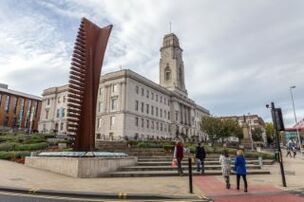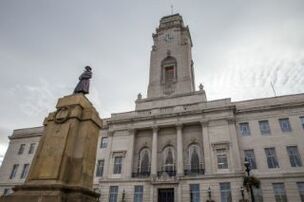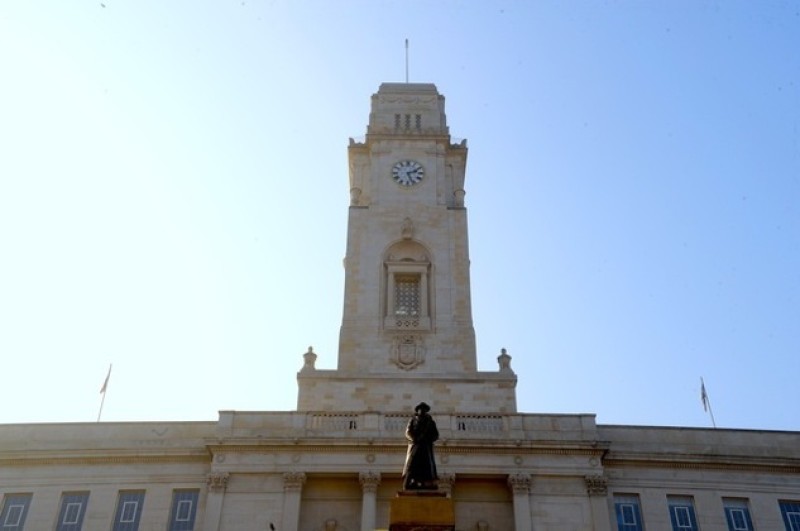‘FINANCIAL diligence’ which put Barnsley Council in a strong position before the coronavirus pandemic took hold will result in millions being poured in to aid the local recovery, the Chronicle can reveal.
Local authority bosses were given the green light to use the underspend - which totals £6.9m - after a post-coronavirus recovery report was approved at Wednesday’s cabinet meeting.
More than £2m which of debt owed to the council will be written off, which notably includes £1.26m in council tax and £286,000 in business rates.
The report shows £1.9m will be used to support the overall bounce back, with the remaining £5m allocated for the council’s general fund working balance which will rise to £20m.
It said: “Following an initial review, the estimated financial impact on the council’s 2020/21 budget is a shortfall of around £40m.
“While central government has provided specific Covid-19 grant funding totalling £15m, this still leaves a potential gap of £25m.
“As a result of this anticipated financial impact, the senior management team is formulating a financial recovery strategy, the purpose of which is to safeguard the council’s ongoing financial standing and sustainability.
“This places substantial pressure on the 2020/21 budgetary position and as such will be closely monitored moving forwards with regular reports being presented to cabinet as required.
“The council’s emergency response effort, combined with the wider economic impact emanating from the Covid-19 pandemic, is placing significant strain on the council’s cost base and income streams and consequently, the ability to deliver a balanced budget for 2020/21 is significantly impaired.
“It is also considered likely that there will be a lasting and ongoing impact on the council’s finances and thus its sustainability moving forwards.”
Over the last ten years Barnsley Council has suffered some of the worst funding cuts in the country, losing nearly 40 per cent of its day-to-day funding.
Stephanie Peacock, MP for Barnsley East, has called on the government to give additional funding to local authorities, including Barnsley Council, to help them deal with the strain on services caused by the Covid-19 outbreak.
She asked the Secretary of State for Housing, Communities and Local Government, Robert Jenrick, what assessment he had made of recent reports that local authorities in England are facing a collective shortfall of £5bn in the current financial year.
“Barnsley Council fulfils an important function in our community, providing vital local services that protect the most vulnerable,” she added.
“During this public health crisis they have done their best to maintain services and offer support to those who need it, from social and mental health care to waste collection.
“Funding decisions will have a direct impact on our love ones and frontline heroes working in the social care sector. I will keep fighting to get the funding our community needs.
“Despite being under-funded and under-staffed, the council has stepped-up during this crisis to provide vital local services, including care for the most vulnerable in our community.”




























